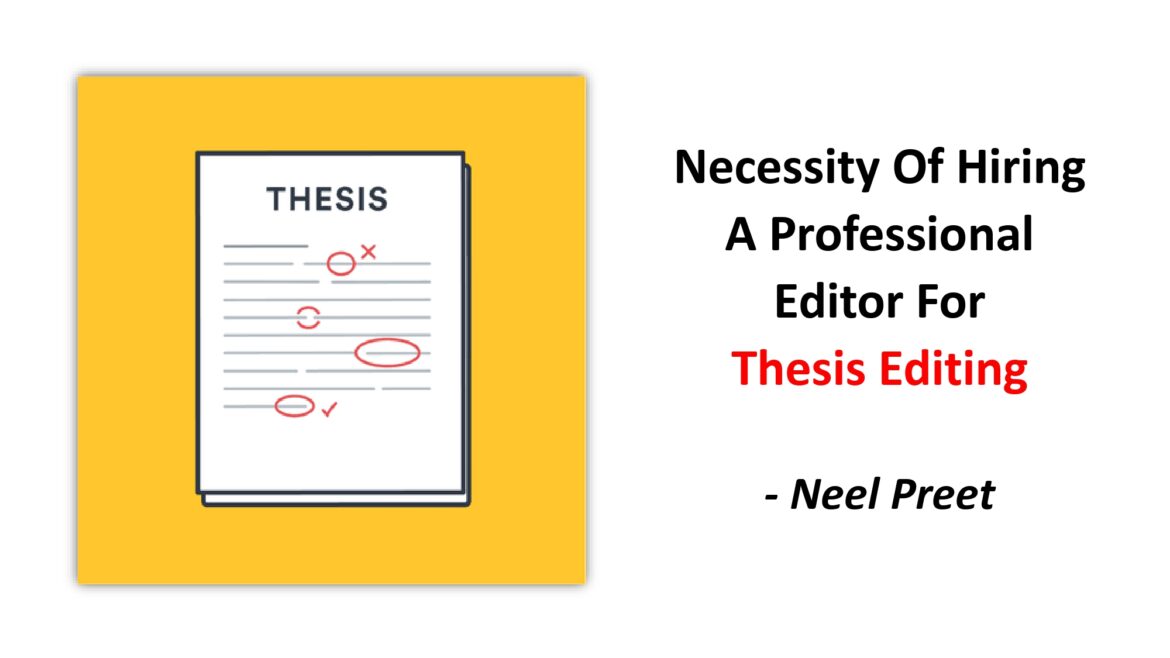Often times we have noticed that the students, who are pursuing their doctorate experiences several challenges that too on several levels when it comes to their Dissertation (thesis). A sound & professional thesis creation is actually the most vital aspect for any student, who carries aspirations to complete their Doctor of Philosophy (PhD). However, in most of the cases it is not so easy to have that thesis ready in the exact manner, which the doctoral students aims and in which the professors expects!
Doctoral students face dozens of obstacles in earning their degrees, including obtaining final acceptance of their dissertations by university officials. Doctoral candidates often must revise their papers after committee acceptance to eliminate problems with grammar, mechanics, style compliance, and formatting. Completing these revisions can be time consuming and frustrating, especially when candidates must meet deadlines for degree conferral.
When doctoral candidates engage the services of professional editors to perform the final revisions, they ensure their dissertations will be free of the grammatical and technical issues that result in delayed acceptance and degree conferral. The purpose of this white paper is to review the editing process, the types of editing services available, and the benefits of employing professional editors.
Actually, there are numerous arguments supporting the necessity of hiring a professional editor for thesis editing. Well, driving a successful editing of one’s dissertation depends upon 4 basic factors, which are: Time & Cost, Stress, Career Impact and Expertise.
So, let us study these factors with some required details in order to understand that why is it necessary to hire a professional editor for thesis editing –
1) Time & Cost: Doctoral students’ lives are already very much complex & stressful. A huge percentage of these doctoral students, almost everywhere in the world are married. Whereas another huge percentage of them are long-term dependents on the university grants and other variable factors in order to carry out their livelihood. These students must carve out significant amounts of time from already crammed schedules to attend class, study, and conduct research. They must balance the high costs of their graduate programs with the normal expenses of maintaining homes and families. They must also meet submission deadlines to ensure participation in graduation ceremonies.
The longer it takes to complete all degree requirements, the more money it costs. In addition, we all know that the average expenditure for a PhD degree for full-time students is generally high enough, around the world. Having to pay those additional credit hours to work on the dissertation, including its revisions, only increases that cost.
2) Stress: Recent studies commissioned by GradResources indicated that most graduate students struggle with emotional fatigue. Although time constraints, financial pressures, and graduate-school environments all contribute to student stress, the Barna Research Group found that, because many graduate students are classic overachievers, they create cycles of perfectionism that result in exhaustion and emotional fatigue.
Being so close to degree conferral, doctoral candidates may feel extreme stress when required to spend more time revising and correcting their dissertations because of issues pertaining to grammar, mechanics, style, and formatting. Extreme stress can lead to lower productivity, decreased work quality, aggression, and depression. Rushing through the revision process to meet graduation deadlines may cause candidates to miss significant errors, resulting in the need for more editing and revision. Candidates who are frustrated by the process may even feel they have failed and, thus, not attempt further revision, choosing to remain ABD.
3) Career Impact: Having to revise dissertations may lead to delays in employment, salary increases, or promotions. Most individuals pursue doctoral degrees to fulfill their career goals. Completion of the dissertation or research projects and conferral of the degree are often required to achieve advancement with one’s current employer or to obtain a position with a different employer. Delays in final acceptance and frustration with the system may even be sufficient to cause some candidates to abandon their goals of working in academia, even if they do complete degree requirements successfully. ABDs find their careers stifled.
Dissertations often are the first major publications for these professionals. Anyone who reads a doctoral dissertation receives a distinct impression of the writer: how that person thinks, analyses, synthesizes, attends to detail, draws conclusions, and handles written expression. Therefore, the dissertation should be a clear representation of who that person is professionally, both in terms of content knowledge and communications skills.
4) Expertise: To edit a dissertation successfully, one must have –
- A thorough knowledge of formal English (grammar, spelling, punctuation, capitalization);
- Expert writing skills (sentence structure, paragraph organization, transitions, overall organization, voice, tone, syntax, word choice);
- Familiarity with the required style manual (APA, Chicago, MLA, Turabian, AMA, etc.);
- Familiarity with the school requirements for formatting and style.
Not only must an individual convey the content clearly and articulately in accordance with the dissertation structure required by the school or department, but the individual must also ensure near perfection in the mechanics and formatting.
Written By NEEL PREET – Author of the Books, Voice From The East (2016); Journey With Time Place And Circumstances (2018) & Indian Defence Files (2021).



